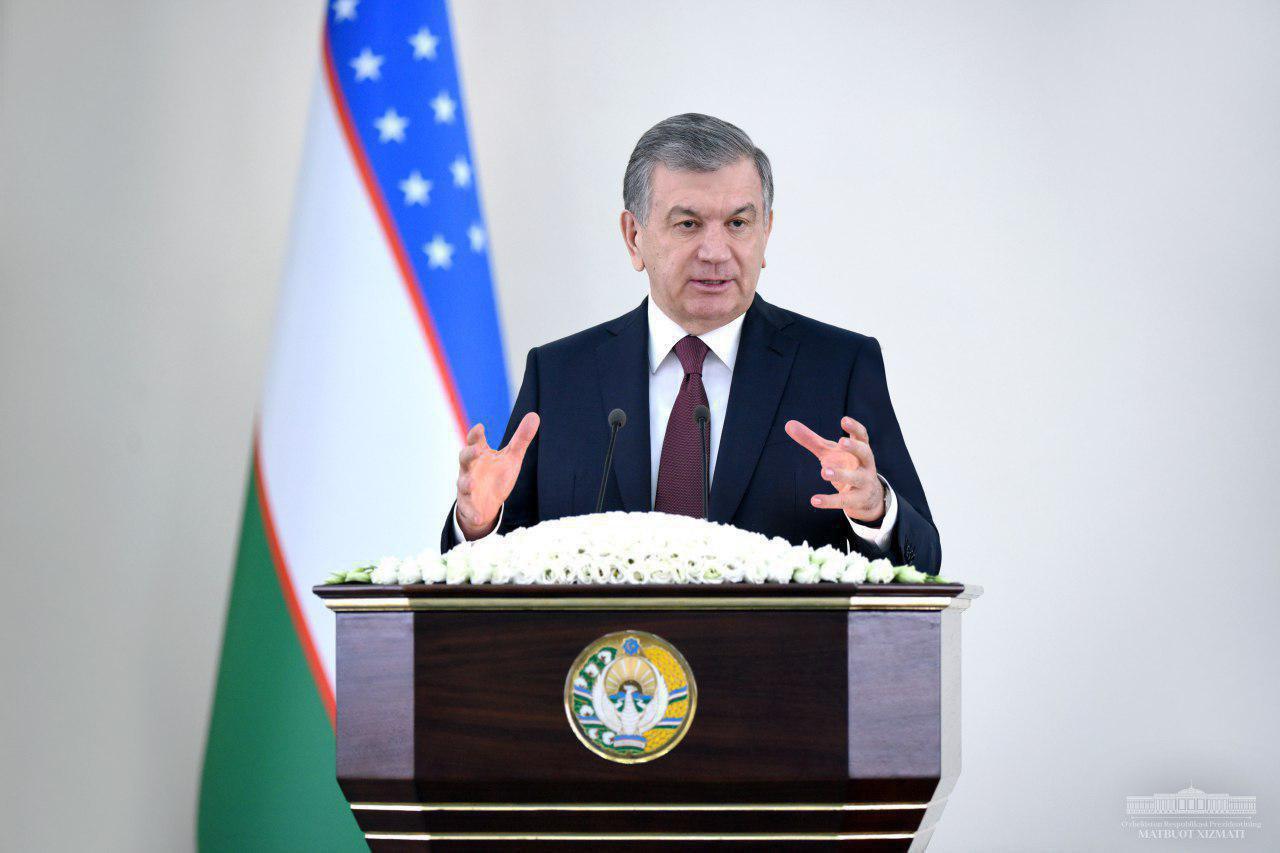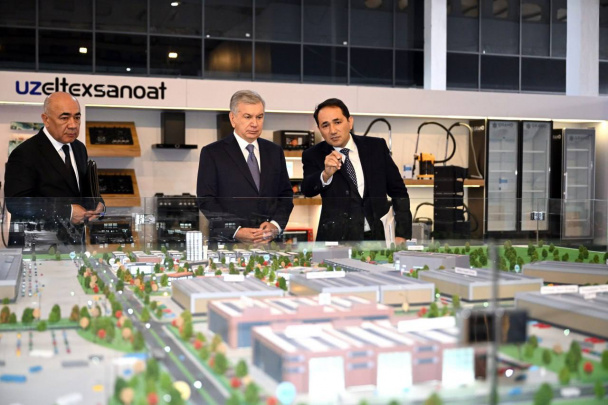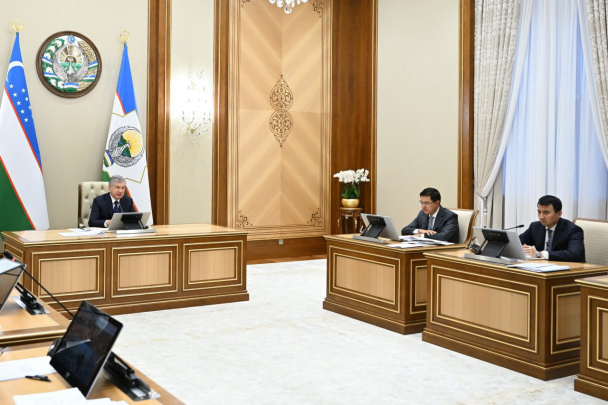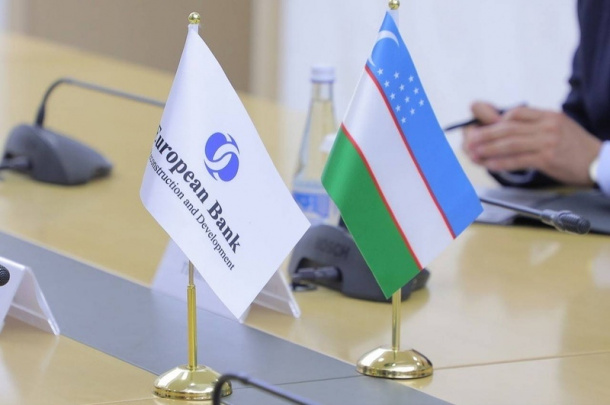President suggests turning Navoi region into a zone of investment and innovation

President Shavkat Mirziyoyev at the meeting with participation of activists of the Navoi region identified actual tasks for comprehensive development of the region.
Despite the fact that the Navoi region has a leading position in the gross regional product, the existing reserves and opportunities have not been fully used. The region's economy is largely dependent on several large enterprises, small business and private entrepreneurship are not developed yet.
“In order to give impetus to development of entrepreneurship in the region, it is important to create such business environment that not only the local population, but also the population of other regions, will be attracted to do business here. Now the Navoi region should be a region of entrepreneurs,” Shavkat Mirziyoyev said.
The head of state offered to turn the Navoi region into a free economic zone for export-oriented production by the use of innovative and high-tech industries. It was noted that a special commission will be set up under the auspices of the Deputy Prime Minister. The system of privileges and preferences will be established for participants of the economic zone.
During the meeting, particular attention was paid to the issues of actively attracting investments, creating new modern enterprises and employment of the population.
It was reported that in Navoi region, a program consisting of 511 investment projects worth 26 trillion 368 billion soums has been developed for 2019-2020.
Within the framework of this program, it is planned to attract $1 billion direct foreign investment and credits, and create 17,400 new job vacancies.
In particular, it is planned to implement 12 major projects in Navoi Thermal Power Plant, Joint-Stock Companies Kizilkumcement and Navoiazot, including other spheres.
The head of state also analyzed agricultural opportunities and instructed to increase the volume of exports by increasing the production of fruits and vegetables for the market on the land plots freed after cotton harvesting, production of knitted garments and karakul.
Related News

20:37 / 13.02.2026
$30 million home appliance project to be launched in Ohangaron with UAE partner

11:35 / 13.02.2026
Foreign business presence in Uzbekistan nearly doubles in five years

19:37 / 11.02.2026
President Mirziyoyev outlines major industrial projects for Navoi region

12:14 / 11.02.2026




